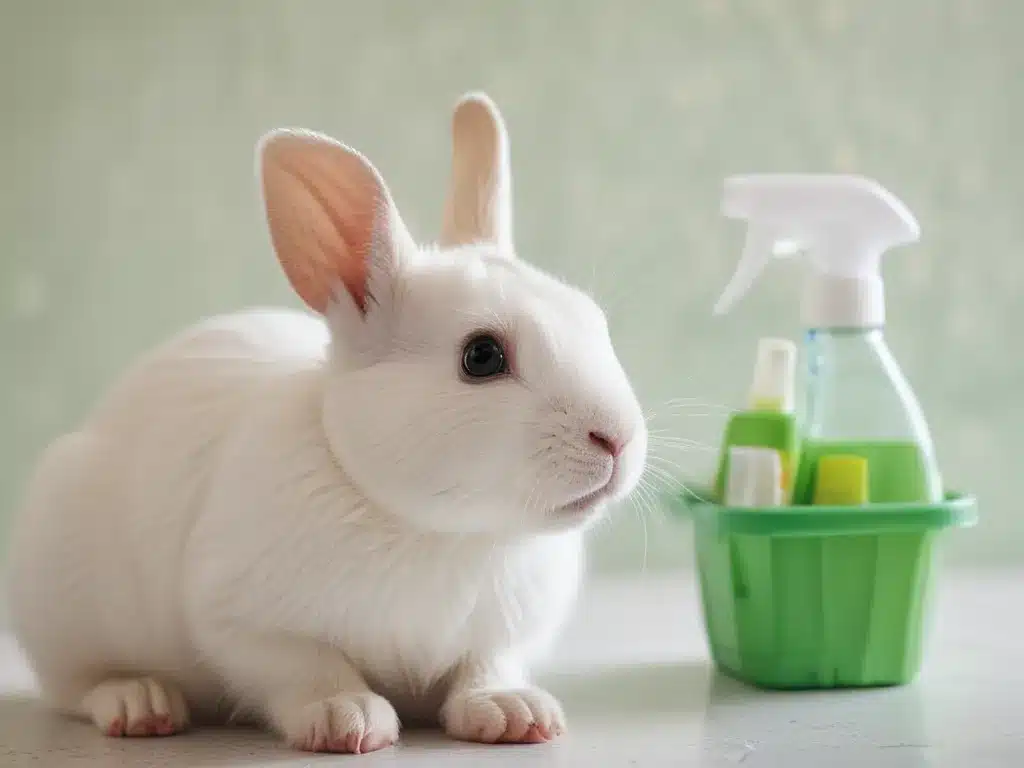Introduction
Cleaning products that are not tested on animals are the most ethical and environmentally friendly choice. As a conscious consumer, I want to avoid products from companies that test on animals. By purchasing cruelty-free brands, I can help reduce animal testing while still keeping my home clean and hygienic.
Avoiding Animal Testing
What is Animal Testing?
Animal testing involves forcing substances into the eyes, skin, and digestive systems of living creatures to measure toxicity levels. Mice, rabbits, dogs, and primates are commonly used. This cruel practice causes tremendous suffering.
Why Do Companies Test on Animals?
Some corporations test cleaning products on animals to assess potential hazards before marketing them. However, these tests are unnecessary as effective non-animal methods exist. Also, animal data does not reliably predict human reactions.
Identifying Cruelty-Free Brands
Look for explicit “not tested on animals” messaging on labels. Certifications like Leaping Bunny, Choose Cruelty Free, and PETA Bunny also indicate no animal testing. I avoid brands that do not make their policies clear.
Choosing Green Cleaning Products
Benefits of Green Cleaners
Eco-friendly cleaners are:
- Plant-based instead of petroleum-based
- Biodegradable
- Non-toxic
- Unlikely to cause allergies
They help protect the planet while efficiently cleaning my home.
What to Look For
I seek out plant-derived ingredients like vinegar, baking soda, essential oils, and soap berries. Vegetable-based surfactants make greener detergents. I avoid ammonia, chlorine, phosphates, and artificial fragrances.
Recommended Green Cleaning Brands
Some excellent cruelty-free, eco-friendly cleaning brands include:
- Seventh Generation – Offers a full range of non-toxic cleaners and paper products
- Ecover – Utilizes plant-powered formulas
- Mrs. Meyer’s – Uses essential oils and natural ingredients
- Puracy – Emphasizes plant-based, biodegradable products
Using Greener Methods
Making My Own Cleaners
I often make my own simple cleaners from items like vinegar, lemon juice, and castile soap. DIY cleaners work well and avoid packaging waste. Baking soda, hydrogen peroxide, borax, and cornstarch are other handy ingredients.
Implementing Other Green Practices
In addition to green cleaners, I:
- Open windows instead of using air fresheners
- Use microfiber cloths and rags instead of paper towels
- Look for recycled and compostable packaging
- Conserve water while cleaning
Being Mindful in My Cleaning
I only clean areas that really need it and use the minimal amount of products required. Overusing cleaners is wasteful and not eco-friendly. Targeted cleaning is best.
The Benefits of Cruelty-Free Cleaning
Helping Reduce Animal Suffering
Choosing greener products means fewer animals will be harmed in testing. Consumer dollars shape company policies, so I vote with my wallet. Every purchase for a humane brand counts.
Healthier Home, Healthier Planet
Non-toxic plant-derived cleaners are less irritating for my family and the environment. Harsh chemicals wash into waterways, harming wildlife. Eco-cleaners break down safely.
Peace of Mind
Knowing I’m not supporting animal cruelty feels great. The small effort of selecting greener brands makes a real difference. I feel good about the cleaning choices I make each day.
Conclusion
Avoiding products tested on animals and using plant-powered cleaners is better for the planet and animals. Seek transparency from companies, choose certified cruelty-free brands, and implement green cleaning habits. Small steps create meaningful change. I’m proud to clean my home humanely.







